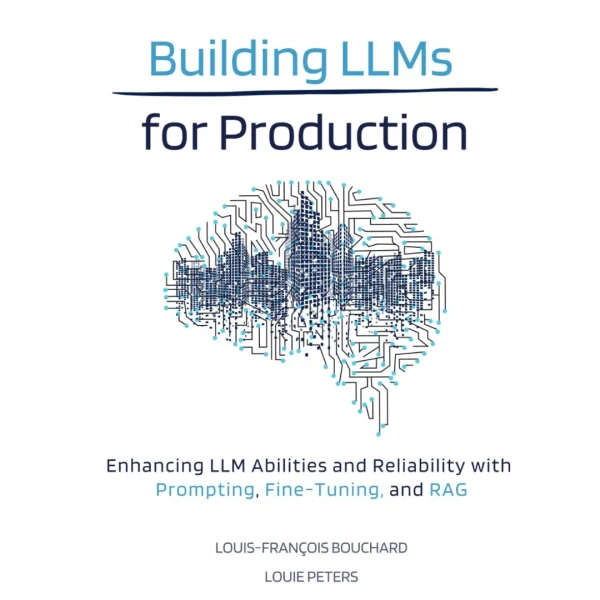
Building LLMs for Production: Enhancing LLM Abilities and Reliability with Prompting, Fine-Tuning, and RAG
Original price was: $89.99.$9.99Current price is: $9.99.
✔️ (PDF) • Pages : 609
“This is the most comprehensive textbook to date on building LLM applications – all essential topics in an AI Engineer’s toolkit.”
– Jerry Liu, Co-founder and CEO of LlamaIndex
TL;DR
(UPDATED ON OCTOBER 2024) With amazing feedback from industry leaders, this book is an end-to-end resource for anyone looking to enhance their skills or dive into the world of AI and develop their understanding of Generative AI and Large Language Models (LLMs). It explores various methods to adapt “foundational” LLMs to specific use cases with enhanced accuracy, reliability, and scalability. Written by over 10 people on our Team at Towards AI and curated by experts from Activeloop, LlamaIndex, Mila, and more, it is a roadmap to the tech stack of the future.
The book aims to guide developers through creating LLM products ready for production, leveraging the potential of AI across various industries. It is tailored for readers with an intermediate knowledge of Python.
What’s Inside this 470-page Book (Updated October 2024)?
- Hands-on Guide on LLMs, Prompting, Retrieval Augmented Generation (RAG) & Fine-tuning
- Roadmap for Building Production-Ready Applications using LLMs
- Fundamentals of LLM Theory
- Simple-to-Advanced LLM Techniques & Frameworks
- Code Projects with Real-World Applications
- Colab Notebooks that you can run right away
- Community access and our own AI Tutor
Table of Contents
- Chapter I Introduction to Large Language Models
- Chapter II LLM Architectures & Landscape
- Chapter III LLMs in Practice
- Chapter IV Introduction to Prompting
- Chapter V Retrieval-Augmented Generation
- Chapter VI Introduction to LangChain & LlamaIndex
- Chapter VII Prompting with LangChain
- Chapter VIII Indexes, Retrievers, and Data Preparation
- Chapter IX Advanced RAG
- Chapter X Agents
- Chapter XI Fine-Tuning
- Chapter XII Deployment and Optimization
What Experts Think About The Book
“A truly wonderful resource that develops understanding of LLMs from the ground up, from theory to code and modern frameworks. Grounds your knowledge in research trends and frameworks that develop your intuition around what’s coming. Highly recommend.”
– Pete Huang, Co-founder of The Neuron
“This book is filled with end-to-end explanations, examples, and comprehensive details. Louis and the Towards AI team have written an essential read for developers who want to expand their AI expertise and apply it to real-world challenges, making it a valuable addition to both personal and professional libraries.”
– Alex Volkov, AI Evangelist at Weights & Biases and Host of ThursdAI news
“This book is the most thorough overview of LLMs I’ve come across. An excellent primer for newcomers and a valuable reference for experienced practitioners.”
– Shaw Talebi, Founder of The Data Entrepreneurs, AI Educator and Advisor
Whether you’re looking to enhance your skills or dive into the world of AI for the first time as a programmer or software student, our book is for you. From the basics of LLMs to mastering fine-tuning and RAG for scalable, reliable AI applications, we guide you every step of the way.
17 reviews for Building LLMs for Production: Enhancing LLM Abilities and Reliability with Prompting, Fine-Tuning, and RAG
You must be logged in to post a review.
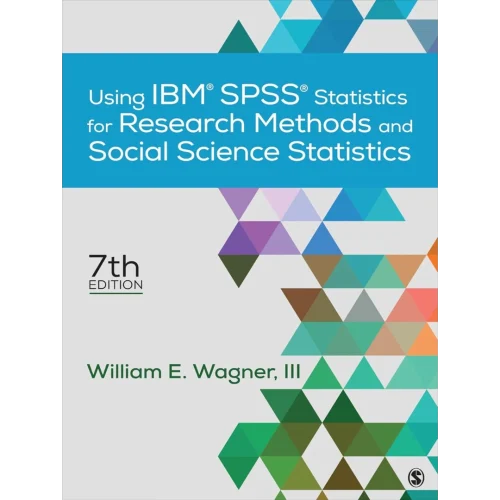
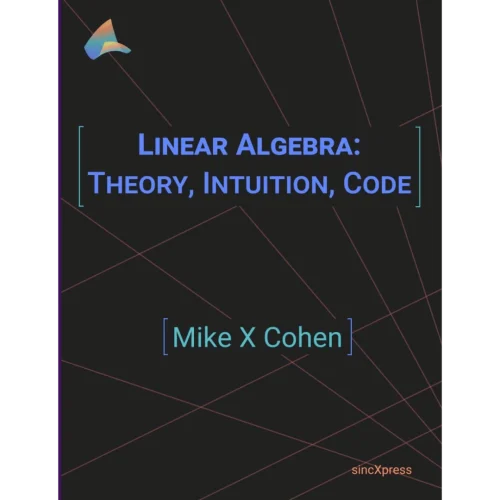
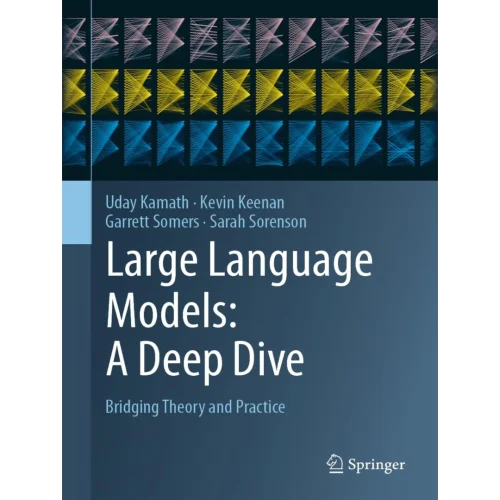
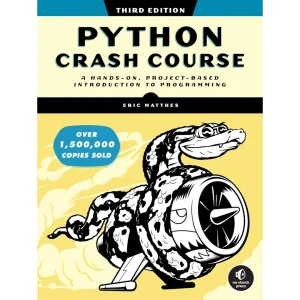
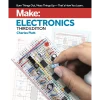


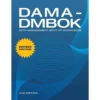

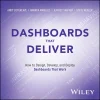
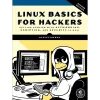





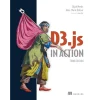

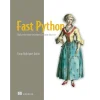
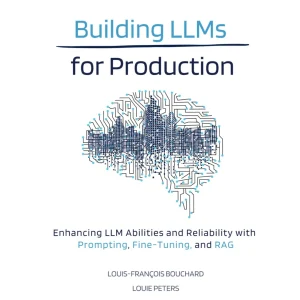

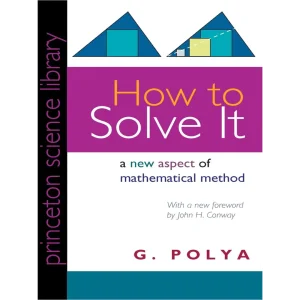

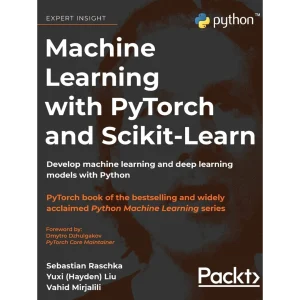
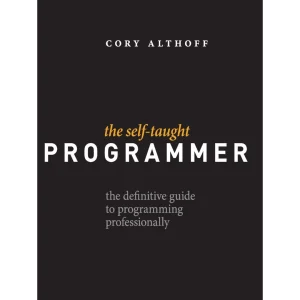

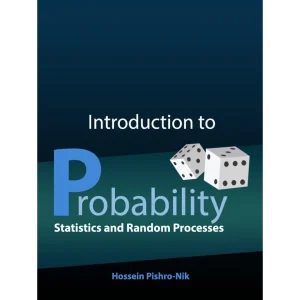


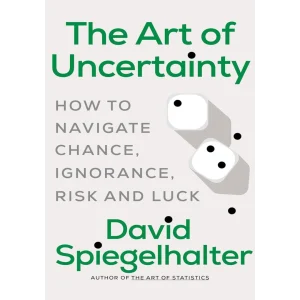


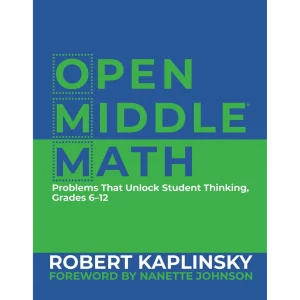

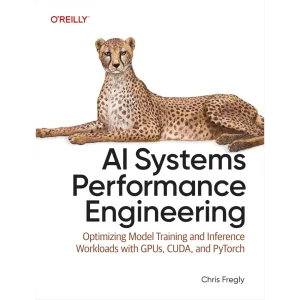
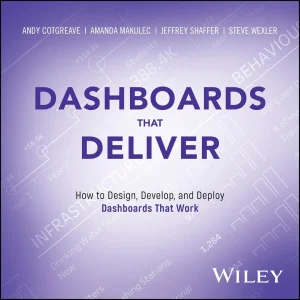



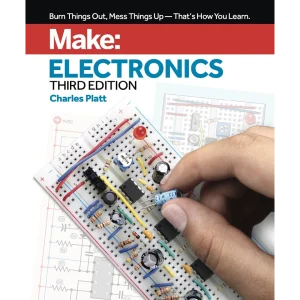


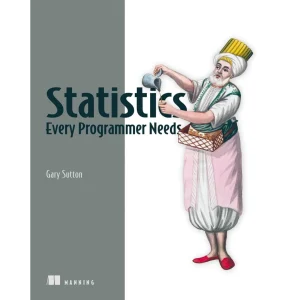
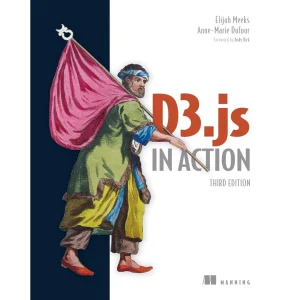

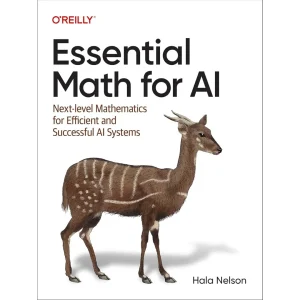

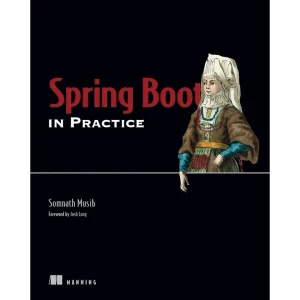

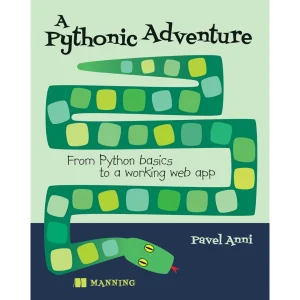
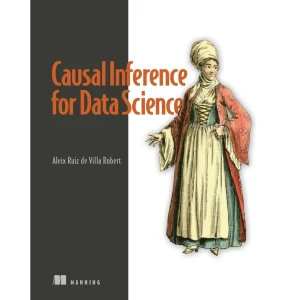

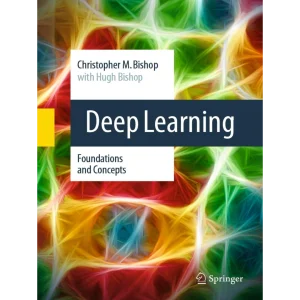



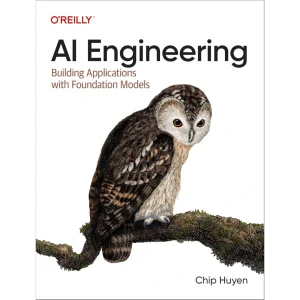
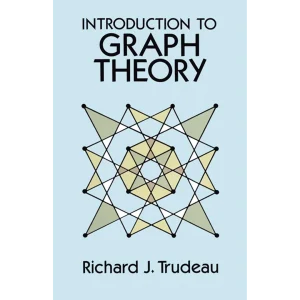


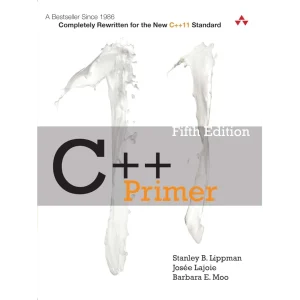
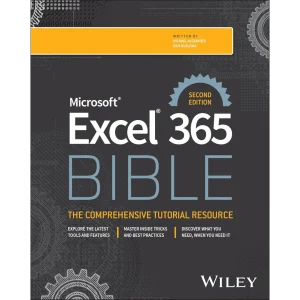


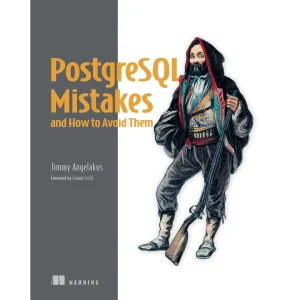

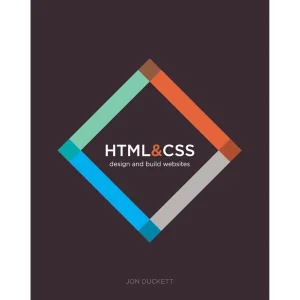
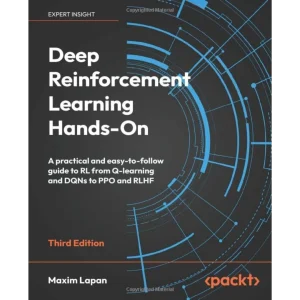

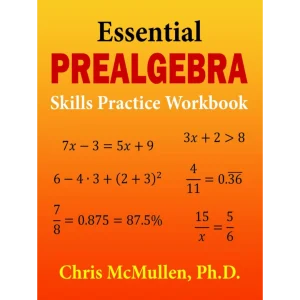
jb (verified owner) –
For those searching for an outstanding book about AI/LLMs this is it!
A truly wonderful, insightful, and valuable resource for you as you seek to learn and grow in this space. OUTSTANDING!
regards,
james b
Jason (verified owner) –
As someone who’s just starting out in the world of AI and Large Language Models (LLMs), “Building LLMs: From Production to Reliability and Fine-Tuning” has been an incredibly helpful guide. The author explains things in a way that’s easy to understand, making the whole process of learning about LLMs a lot less intimidating.
The book starts with the basics, which was perfect for me. It covers the foundational stuff first, so you get a good grasp of the essentials before moving on to the more complex topics like fine-tuning and optimization. I found this step-by-step approach really useful because it helped me build up my knowledge gradually.
What I really appreciated were the practical examples and hands-on exercises throughout the book. These made it easier to see how everything fits together in real-world scenarios. Plus, the tips and case studies were great for understanding how to apply what I was learning to actual projects.
The sections on reliability and scalability were eye-openers. They helped me understand not just how to build LLMs but also how to make sure they work well in production settings. This is something I hadn’t thought much about before, but now I see how important it is.
Overall, this book has been a fantastic resource for me as a beginner. It’s thorough, easy to follow, and packed with practical advice. If you’re new to AI and LLMs like I am, I highly recommend giving this book a read.
Terrence Rideau (verified owner) –
If you are interested in understanding and advancing your knowledge of LLMs, “Building LLMs for Production” is a great resource. As someone exploring LLMs with an ultimate need to bring POCs to Production, I am finding the book to be exactly what I needed.
It contains theoretical concepts but what sets it apart for me is the hands-on approach to LLMs, Prompting, Fine-Tuning and RAG with real-world code examples.
With this book I will be able to reduce the time required to create real-world LLM based solutions with a high-level of reliability.
Louis-François Bouchard and Louie Peters, thank you for pulling all this information together in one source!!!
Stephen Davies (verified owner) –
I’ve only just begun reading this book, and I can say that its style and approach are so far very nice. HOWEVER, be aware that the OpenAI world is changing so fast that even though this book was released earlier this year, it’s already out of date. In the very first “hello world” example in chapter 1, for instance, where you simply connect to the Python API, most of the lines of code have to change — I had to spend 30 minutes digging through the current Python docs to change it to work.
Bottom line: don’t get this book if you’re not a proficient programmer thinking you can just type in the code verbatim. You’ll have to do some sleuthing to keep up with the OpenAI firehose.
zokertoker (verified owner) –
This book is an invaluable resource for optimizing large language models in real-world applications. The book offers clear guidance on improving LLM abilities through effective prompting, with practical examples that make complex concepts easy to understand. Whether you’re an AI professional or simply interested in deploying reliable models, this guide provides practical strategies for maximizing performance and ensuring responsible AI. Highly recommended!
Abdulwahab (verified owner) –
This book is seriously a game-changer. I would greatly recommend it!!. It actually helped me become much more effective at work, especially with tackling those tricky RAG-related issues. I have been able to put so many of the lessons and examples into practice, it’s amazing.
Joanna (verified owner) –
This book provides an overview on the more practical side of what you can do with LLMs. It’s easy to read and useful.
Massiel castillo (verified owner) –
Building LLMs for production is an awesome book. If you’re looking for a one-stop shop for everything LLM-related, this is it. It covers everything from the basics to advanced stuff like fine-tuning and RAG. The explanations are super clear and easy to follow, and there are plenty of practical examples and hands-on projects to help you get the hang of things. I’m very pleased with my study of this book so far.
Haris (verified owner) –
“Building LLMs for Production” by Bouchard and Peters is a valuable resource for implementing Large Language Models in real-world applications. The book stands out for its clear explanations and abundant practical code examples, making complex concepts accessible to readers. It excels in bridging theoretical knowledge with practical use cases. I like the book due to its comprehensive coverage of LLM related topics from basic to recent techniques used.
Joe Zhou (verified owner) –
This book covers a wide range of topics to get you up to speed with the practices of building LLMs. There are plenty of code examples for you to use. The organization of the book makes it easy to follow. Whether you want to jump-start your understanding of LLM applications or keep key concepts fresh, this book is an excellent resource.
The first edition is a good start, but I believe the second edition can be even better. Here is my feedback: Some of the material is not current due to the rapid advancements in the LLM ecosystem. For example, many Langchain code examples are written in Langchain Core instead of the now preferred Langchain Expression Language.
Although LlamaIndex founder Jerry Liu wrote the foreword recommending this book, it contains more code examples on LangChain than LlamaIndex. Therefore, if you prefer LlamaIndex over LangChain, this book may not meet your needs. I believe LlamaIndex deserves more coverage in the book.
Despite its title mentioning “production,” the book includes only one chapter on deployment. It should contain more chapters on this topic if it truly aims to cover production development. Chip recently wrote an excellent blog about building a GenAI platform (you should search and read it), addressing crucial aspects such as guardrails, routers, gateways, caching, and observability. These subjects should be included in a book about building LLMs for production, as it is not intended to merely create LLM prototypes.
The first edition is a good start, but the second edition can be even better. Seeing a solid resource for more people to learn about this area is wonderful. It could easily find a place on your bookshelf. However, this expansive field evolves quickly. You’ll need many books and more dynamic resources to stay sharp in building LLM applications.
Gokulaa (verified owner) –
Building LLMs for Production serves as an excellent guide for applying Large Language Models in practical settings. The book is notable for its straightforward explanations and numerous practical code examples, which help demystify complex concepts for readers. It effectively connects theoretical insights with real-world applications, covering a wide range of LLM-related topics from foundational principles to the latest techniques. As my first exploration into this subject, I find the book particularly valuable for its clarity and applicability. Its comprehensive approach makes it a vital resource for anyone interested in successfully implementing LLMs in production. I am intrigued to find out how much would have changed with the version upgrade that was released recently. Highly Recommended!!
J. D. Fiscus (verified owner) –
“Building LLMs for Production” is an exceptional resource for any engineering manager or AI enthusiast aiming to bring AI applications to life. This book demystifies complex LLM topics, from Transformer architecture to practical Prompt Engineering, and provides hands-on examples that teams can directly apply. The accessible explanations make it easy to understand the mechanics of LLMs, while the practical code examples help bridge theory with real-world implementation.
For managers looking to lead teams in building production-ready AI, this book offers the clarity and actionable insights needed to guide projects confidently.
ASAF SALMAN (verified owner) –
Just one Word – WOW! This book is very interesting, well written and perfect for extending technical knowledge on LLMs, including their deployment into production.
Beth Fiore (verified owner) –
i feel lucky to have found. this book and all the resources it links to —this book covers everything and offers countless free resources to practice what you learn and to go more in depth on topics that you want to get more education on
Ataliba Miguel (verified owner) –
Great book a must one to have off the shelf and a truly must read for any aspiring/practitioner AI engineer. The authors carefully crafted the reading style into a nice grab attention format. 100% recommended.
RT (verified owner) –
There are plenty of resources out there on how to use language models, but very few that focus on building reliable, scalable systems around them. This book nails that gap. It’s not just about prompting or fine-tuning — it digs into the kind of infrastructure and techniques you’d actually need to deploy something real.
What I liked most:
• 🔹 Strong, practical emphasis on RAG pipelines — vector stores, retrievers, latency trade-offs, etc.
• 🔹 Good coverage of fine-tuning vs prompt engineering: when to use each, pros/cons, real examples
• 🔹 Includes production-minded concerns: evaluation, safety, cost, and latency
• 🔹 Doesn’t shy away from hard truths — like how brittle models can be in edge cases
Both authors have been active in the open-source AI space, and it shows. The examples are current, and the implementation advice feels grounded in real experience, not theory.
🧠 Heads-up:
This book assumes you’re already familiar with core transformer concepts and the basics of how LLMs work. It’s not a beginner intro — more of a guide for teams or individuals moving from “cool demo” to real-world app.
📦 TL;DR:
If you’re already comfortable using models like GPT or Claude and now want to build robust, useful, and shippable LLM-powered products, this is absolutely worth your time.
Brian L (verified owner) –
“Building LLMs for Production” is an invaluable guide for anyone looking to deploy large language models efficiently and effectively. What sets this book apart is its all-in-one approach, covering everything from model architecture and optimization to scaling and deployment—all in a clear, accessible format that both beginners and experts can appreciate.
The authors take a truly user-centric perspective, ensuring that practical implementation remains front and center. Whether you’re integrating LLMs into existing workflows or building from scratch, this book simplifies complex concepts while maintaining technical depth.
For developers and AI practitioners looking for a comprehensive, no-fluff resource, “Building LLMs for Production” is the go-to playbook for modern AI deployment. Highly recommended!”